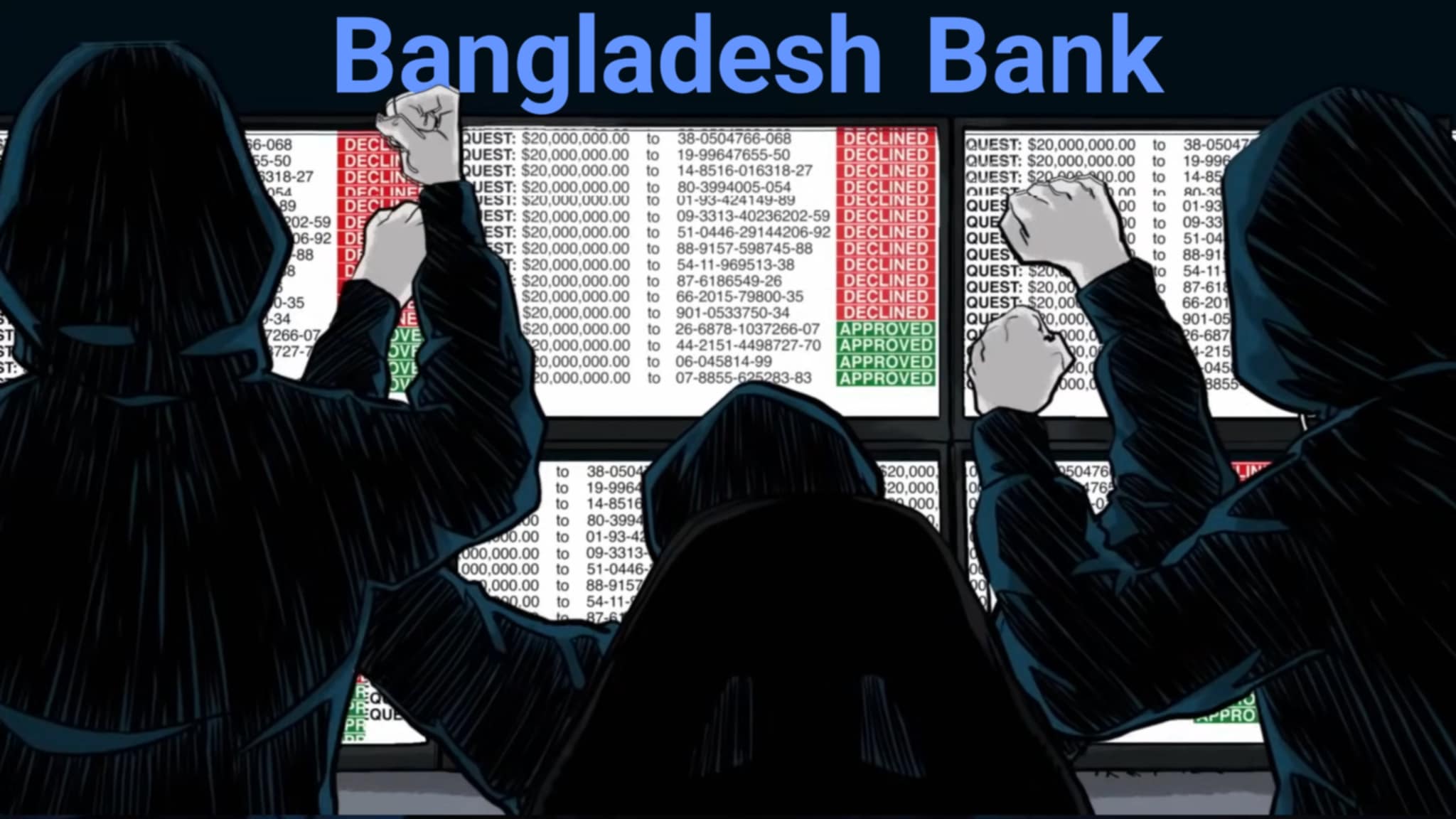Exploring Blockchain Technology: A Beginner’s Roadmap to Learning Blockchain and Its Promising Future

In recent years, blockchain technology has gone from being an obscure term associated only with cryptocurrencies to a transformative force in industries worldwide. But what is blockchain exactly, why is it gaining so much attention, and how can a beginner start learning it? In this article, we’ll explore the fundamentals of blockchain, offer a roadmap for beginners to master this revolutionary technology, and highlight why the future of blockchain presents significant opportunities as its demand and market value increase.
1. What is Blockchain?
At its core, blockchain is a decentralized digital ledger that records transactions across multiple computers in such a way that the registered transactions cannot be altered retroactively. The term "blockchain" comes from how it structures data: transactions are stored in blocks, which are then linked, or "chained," to previous blocks. Each block contains a set of transactions and is securely encrypted to prevent tampering, making blockchain a highly secure and transparent system.
The key features that make blockchain revolutionary include:
- Decentralization: No single entity controls the network, allowing trustless interactions among participants.
- Transparency: Transactions on a public blockchain can be viewed by anyone, enhancing trust and accountability.
- Security: Cryptographic principles protect data from unauthorized access or alterations.
These features make blockchain appealing to sectors beyond finance, including supply chain, healthcare, voting systems, and more.
2. Why is Blockchain Important?
Blockchain's decentralized nature allows it to solve problems related to trust, transparency, and efficiency. Here are a few reasons why blockchain is set to transform various industries:
- Enhanced Security: Data on the blockchain is encrypted and immutable, providing a safer alternative to centralized databases.
- Cost Savings: By removing intermediaries, blockchain can reduce transaction costs.
- Increased Transparency: All transactions are recorded on the ledger, which is visible to everyone in the network, thereby increasing accountability.
- Automation via Smart Contracts: Blockchain enables automated transactions through self-executing contracts, reducing the need for intermediaries and minimizing human error.
As blockchain continues to evolve, its applications will likely expand, creating new career opportunities and business models.
3. A Beginner’s Roadmap to Learning Blockchain
For beginners interested in blockchain, it’s essential to approach the learning process step-by-step. Here’s a roadmap to get you started:
Step 1: Understand the Basics
Start by understanding fundamental concepts. You can find plenty of free resources on platforms like Coursera, edX, and Udacity. Focus on these topics:
- What is blockchain technology?
- Difference between centralized, decentralized, and distributed networks.
- Key components of blockchain: blocks, nodes, and mining.
Step 2: Explore Cryptography and Consensus Mechanisms
Cryptography is the foundation of blockchain’s security. Learn about:
- Hash functions: A critical cryptographic tool used in blockchain.
- Public and Private Keys: Essential for identity verification.
- Consensus Algorithms: Methods like Proof of Work (PoW) and Proof of Stake (PoS) allow blockchain networks to reach agreements. Medium articles often break down these technical concepts into digestible insights.
Step 3: Study Popular Blockchain Platforms
Understanding the architecture of popular blockchains will give you a practical perspective. Start with:
- Bitcoin: Learn about the original cryptocurrency and its blockchain structure.
- Ethereum: Familiarize yourself with smart contracts and the Ethereum Virtual Machine (EVM).
- Other Platforms: Look into newer platforms like Polkadot and Cardano, which aim to improve scalability and interoperability.
Step 4: Learn to Write Smart Contracts
Smart contracts are self-executing agreements coded directly into the blockchain. Here, a basic knowledge of programming is helpful. Start with:
- Solidity: The primary language for writing smart contracts on Ethereum.
- Practice: Use environments like Remix IDE to practice writing and deploying smart contracts.
Step 5: Experiment with Blockchain Development
Practical experience is invaluable. Set up a local blockchain environment and work with tools such as:
- Ganache: A personal blockchain for Ethereum development.
- Truffle Suite: A development framework for Ethereum.
- Web3.js: A library to interact with the Ethereum blockchain.
These tools will help you test contracts, deploy applications, and understand the mechanics of decentralized app (dApp) development.
Step 6: Stay Updated and Connect with the Community
Blockchain technology is fast-evolving. Follow industry leaders on Twitter, join blockchain groups on Reddit, and participate in online forums like Stack Exchange. Engaging with the community helps you stay updated on trends, security issues, and best practices.
4. Future Opportunities in Blockchain
The blockchain market, once limited to cryptocurrencies, now spans many industries. Here's a look at its future potential:
- Finance and Banking: Blockchain is enhancing transparency and reducing fraud risks in banking. Companies are increasingly adopting decentralized finance (DeFi), which enables peer-to-peer financial transactions without intermediaries.
- Supply Chain Management: Blockchain offers end-to-end transparency in supply chains, allowing companies to trace the journey of their products and ensuring authenticity.
- Healthcare: Blockchain can securely store medical records, improving patient privacy and facilitating data-sharing across providers.
- Real Estate: Blockchain-based property registries and smart contracts can simplify and secure property transactions.
With so many sectors adopting blockchain, the demand for skilled blockchain professionals is rising. Blockchain developers, analysts, and consultants are already in high demand, and that trend is expected to grow. According to a report by Markets and Markets, the global blockchain market size is projected to grow from USD 4.9 billion in 2021 to USD 67.4 billion by 2026, with a Compound Annual Growth Rate (CAGR) of 68.4%【source】.
5. Blockchain as a Career Path
A career in blockchain offers promising opportunities, especially as the technology matures and sees increased adoption. Key roles include:
- Blockchain Developer: Builds and maintains blockchain systems.
- Blockchain Architect: Designs blockchain systems and oversees technical frameworks.
- Blockchain Consultant: Advises businesses on integrating blockchain solutions.
- Blockchain Analyst: Evaluates blockchain data and trends to inform business decisions.
Several online platforms, such as LinkedIn and Indeed, list blockchain roles across different industries, reflecting the high demand for talent in this field.
6. Conclusion: Seizing the Blockchain Opportunity
Blockchain technology holds immense potential to reshape industries and create new career paths. As its adoption grows, understanding blockchain will be an invaluable skill. By following the roadmap laid out in this article, you can build a solid foundation and stay updated on the latest advancements. Blockchain’s journey is only beginning, and as it matures, the opportunities will continue to expand.
Blockchain is no longer just a buzzword. It’s an innovation with the potential to redefine trust, transparency, and efficiency in the digital age. By investing time in learning this technology today, you’re preparing yourself for a future that promises exciting possibilities.




